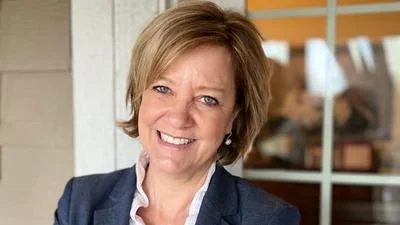Rep. Ann Williams (D-Chicago) | Photo Courtesy of Ann Williams' website
Rep. Ann Williams (D-Chicago) | Photo Courtesy of Ann Williams' website
The COVID-19 pandemic has been an expensive pause for Chicago, the state and centers that had full slates of events planned last year.
For example, McCormick Place Convention Center hasn’t had an event since last year on March 6. And the economic losses have been huge. Two-hundred thirty events were canceled, and that meant 3,4 million attendees did not come to Chicago. It also meant that hotels lost 2.2 million hotel room nights, and the city and state suffered $3.05 billion in economic impact, in addition to $233.8 million in state and city taxes that were not collected.
“We cannot underestimate the importance of our tourism and hospitality industries to our overall economic picture," Rep. Ann Williams (D-Chicago) said in an April 28 tweet, linking to a Chicago Sun-Times article about the issue. "We must prioritize this as we consider Covid recovery measures. #twill.”
More than a year later, Illinois is still in Phase 4 of the gradual reopening plan put in place by Gov. J.B. Pritzker, which limits gatherings to half capacity or 50 individuals, whatever is smaller.
McCormick Place is not expected to return to full capacity until the 2024 fiscal year, and Chief Financial Officer Jason Bormann convinced the board to approve a three-year plan based on that assumption. That plan expects a gradual expansion of capacity throughout the next few fiscal years.
The McPier Authority used the state as a financial backstop because conventions and events aren’t happening, and hotel rooms are empty. It hasn't had to do that since the 2008 recession and drew down $15.2 million of state sales tax revenue.
Bormann noted that if tourism taxes come back, the revised budget has a plan to “completely replenish” the $30 million in McCormick Place reserves in 2023, or by 2025 at the latest.






 Alerts Sign-up
Alerts Sign-up